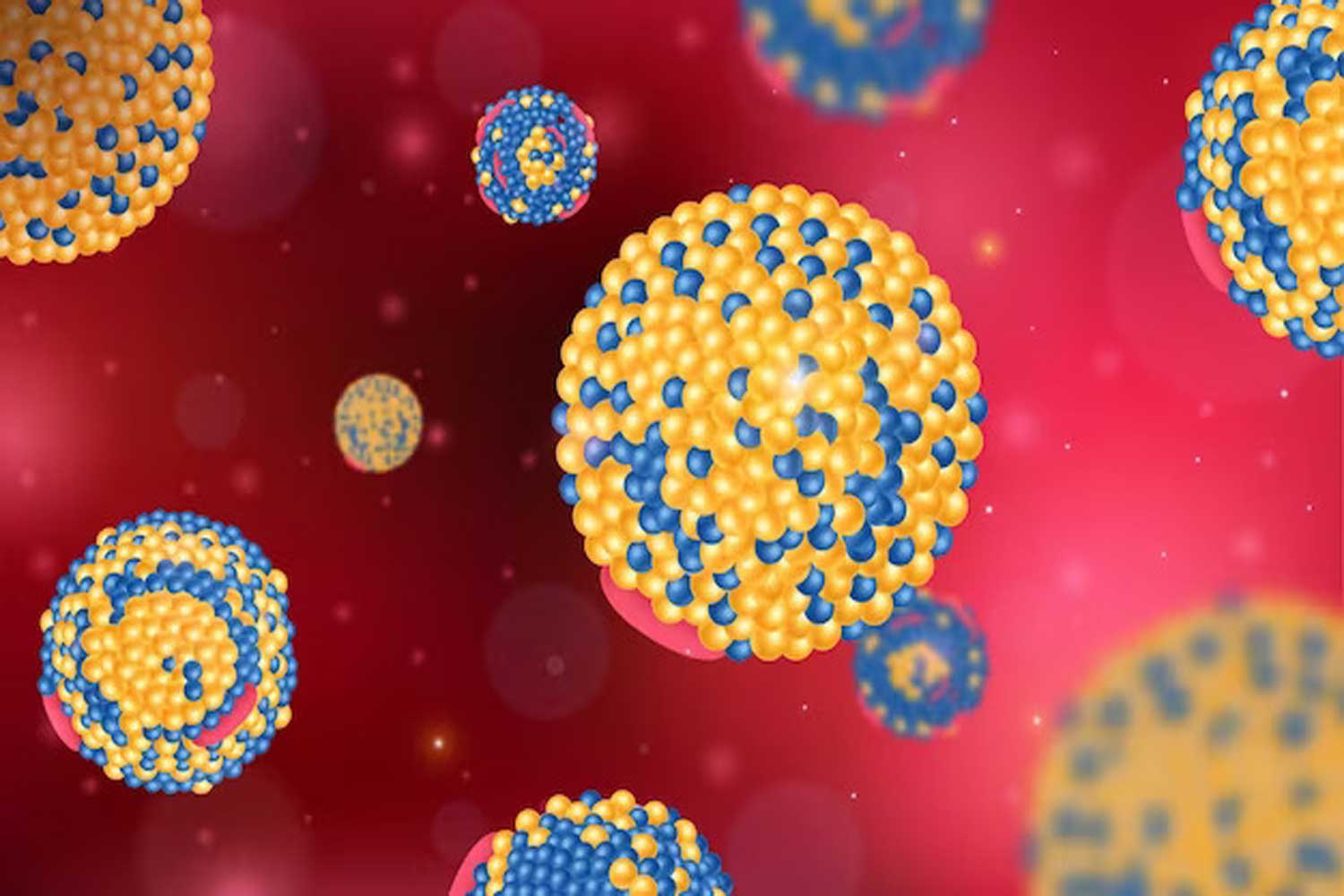Happiness is not just an abstract concept; it has significant implications for our physical health. The science of happiness explores the link between our emotions and physical health, revealing how positive emotions can positively impact our overall well-being. In this blog, we will explore the science behind happiness and delve into the benefits of positive emotions on physical health, the role of social connections in happiness, and tips for incorporating positive emotions into daily life.
The Science Behind Happiness
Our emotions play a significant role in shaping our physical health. Studies have shown that positive emotions, such as joy, happiness, and contentment, can have positive effects on our physical health. When we experience positive emotions, our bodies release chemicals such as endorphins, dopamine, and serotonin, which promote feelings of well-being and reduce stress. These chemicals can have a direct impact on our physical health, reducing inflammation, improving cardiovascular health, and strengthening our immune system.
Positive emotions also promote healthy behaviours. When we feel happy and fulfilled, we are more likely to engage in activities that support our physical well-being. We may exercise more, eat healthier foods, and manage stress more effectively. This, in turn, contributes to improved physical health and a decreased risk of chronic diseases.
Incorporating Positive Emotions into Daily Life
While there is scientific evidence supporting the benefits of positive emotions on physical health, incorporating them into our daily lives can be challenging. Fortunately, there are several strategies we can use to increase our happiness and promote overall health and well-being. One of the first steps is to be aware of our emotions and cultivate a regular practice of gratitude. Taking time to notice the good aspects of our lives and expressing gratitude for them can help cultivate a joyful and optimistic outlook.
Another important strategy is to prioritize social connections and relationships. Human interactions are fundamental to our happiness, and finding ways to connect with others can greatly enhance our overall well-being. Building and nurturing meaningful relationships, participating in social activities, and engaging in social support networks can all contribute to our happiness levels.
Additionally, engaging in activities that bring us joy is a vital aspect of incorporating positive emotions into daily life. Whether it’s exercising, practising mindfulness, engaging with the arts, or simply spending time in nature, finding ways to incorporate activities that bring us pleasure and fulfilment can contribute to our overall happiness and well-being.
Conclusion
Understanding science and happiness equips us with the knowledge and motivation to prioritize our happiness and well-being. By focusing on cultivating positive emotions, we can significantly improve our physical health, foster stronger relationships, and maximize our potential. Happiness is not just a luxury; it is vital to our overall health and quality of life. So let us embrace the science of happiness and work towards a healthier and happier life for ourselves and those around us.












